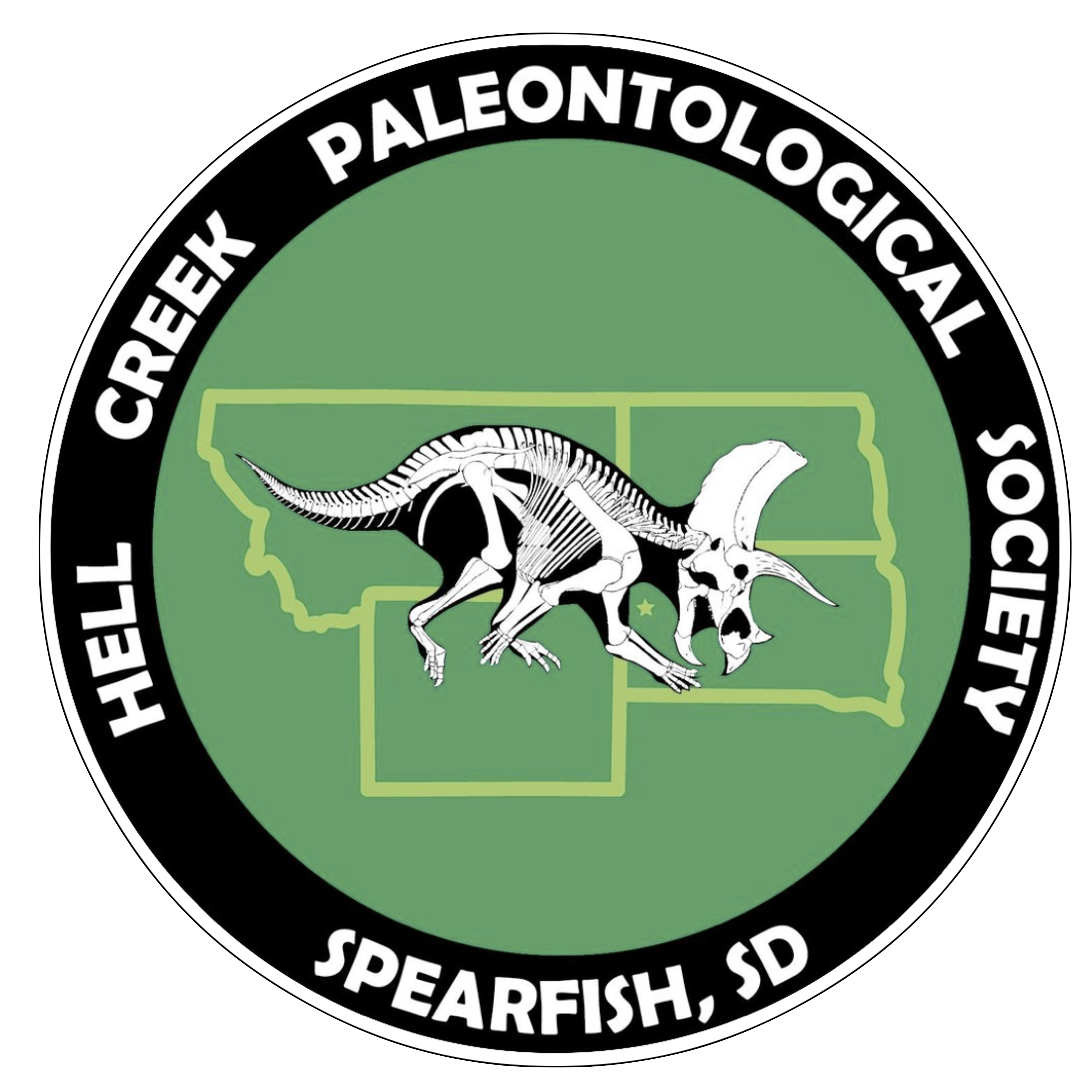Dr. Nick Longrich, a native of Kodiak, Alaska, initially pursued creative writing and humanities at Princeton before discovering his passion for bird evolution under Rosemary Grant's mentorship. His internship at the Smithsonian's Bird Division, particularly with the peculiar ibis Xenicibis, ignited his interest in paleontology, which became his primary focus.
After a stint in Chicago, Dr. Longrich embarked on years of adventurous exploration, including commercial halibut fishing in Alaska, lemur tracking in Madagascar, art classes in San Francisco, and expeditions across Patagonia. Eventually, he found his academic home in Canada, drawn by its expansive fossil-rich badlands and supportive doctoral program.
Following a postdoctoral stint at Yale, where he made significant contributions, Dr. Longrich settled at the University of Bath. Recently, his research has centered on Africa, where he's been involved in naming new dinosaurs and mosasaurs, as well as studying Middle Stone Age artifacts and engaging with hunter-gatherer communities in Tanzania.
“It’s not a conventional path, but discovery means breaking away from the conventional. If you look at the world the same way everyone else does, you see the same things. Growing up in Alaska taught me to appreciate nature. Princeton taught me just how much you can learn from books. Growing up in a fishing community taught me to be practical and to trust experience over those books. Growing up around wily fishermen taught me to respect people for what they know and what they can do, not who they know, or where they went to school, or whether they even went to school. Growing up in a house full of art taught me to think creatively. Long ago I realized that I’ll never be a great analytical, linear thinker, no matter how hard I try. But learning how to draw and how to cartoon… well, I can look at disconnected lines and see the picture they make.” --Dr. Nick Longrich
Presently Dr. Longrich is a Senior Lecturer in Evolutionary Biology at the University of Bath in the United Kingdom. He has 74 peer-reviewed publications, including 13 in high-impact journals.
